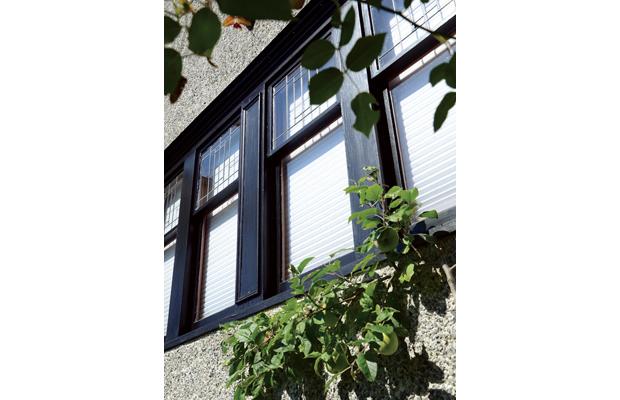Reports by the Canadian Real Estate Association and Central
1 Credit Union suggest that B.C.'s real estate market may be slowing down but
sure isn't a bubble ready to burst.
Central 1 Credit Union's report, issued on Sept. 15
forecasts that the total number of B.C. home-sales will be slightly lower this
year from last, dipping down less than a point, but that house prices will soar
to an all-time high, up an estimated 6.8 per cent from 2010.
The author of Central 1 Credit Union's report, economist
Brian Yu, suggested that low interest rates - which look to stay low until at
least early 2013 - and a limited supply of land will keep housing prices moving
upwards. But it doesn't end there.
 |
Photograph by: Terry Peters, North Shore News |
The most compelling factor to suggest we're not in the midst
of a bubble is far more pragmatic: people are living in the homes they buy.
According to Yu, market speculation seems to be at normal level, comprising
only two to three per cent of the total B.C. market, so if the economy slows
there will be less likelihood of a speculation-induced bust as homeowners will
tend to hold onto their homes rather than sell them in a weaker market.
Adding ammunition to Yu's argument was the release of the
Canadian Real Estate Association's report on the same day suggesting that 70
per cent of markets across the country are in balance. Even a spike of activity
in the Vancouver and Toronto markets seen earlier in the year has eased back to
normal levels.
I've intuitively felt that our housing values in Vancouver,
specifically here on the North Shore, are not artificially inflated but rather
reflect desirability of the locale and the limited supply of buildable land
that our topography permits. Our communities on the North Shore are delineated
by a perimeter of mountains and ocean that creates one of the most beautiful
locales on earth while preventing outward growth. The fact that we're only
minutes from a thriving, world-class metropolis suggests to me more than ever
the adage "location, location, location."
There are those who argue that the trap door will eventually
drop but I suspect it won't be anything so dramatic. My instinct tells me that
we'll be able to weather whatever market storms come our way.
